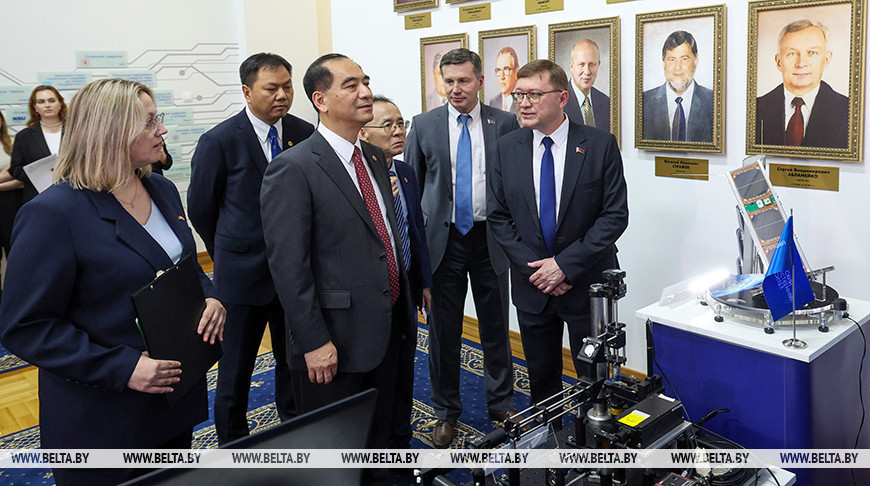
MINSK, 15 July (BelTA) – The Belarus-China center for basic scientific research has officially opened at Belarusian State University (BSU), BelTA has learned.
Attending the opening ceremony were BSU Rector Andrei Korol and President of Peking University Gong Qihuang.
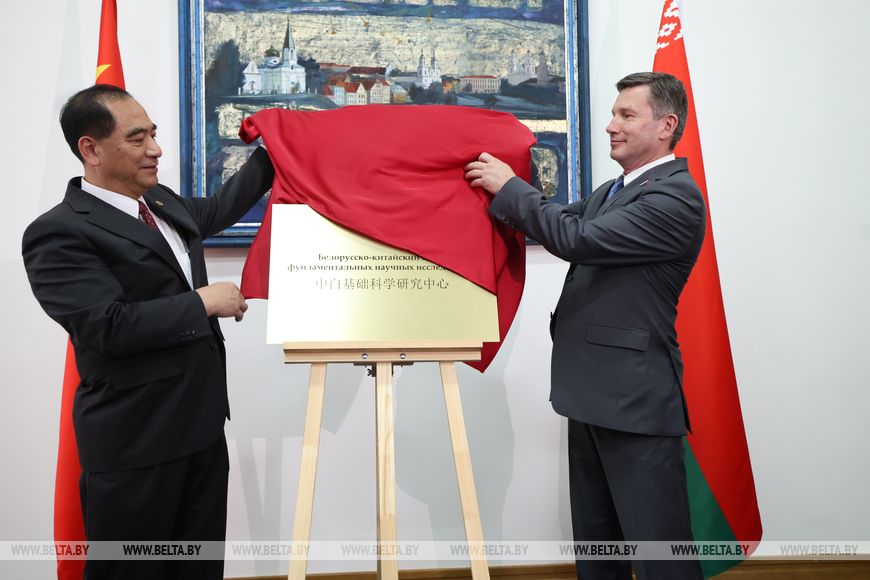
“We are moving from quantity to quality. For many years, Belarus and China have developed cooperation in higher education, science, and culture. BSU and its partner institutions have taken an active part in this. Back in 2019, we signed what was essentially the first memorandum between BSU and Peking University. Since then, we’ve steadily built closer ties with that university. One major milestone was the launch of a joint training program for a critical field, biotechnology, which our president also mentioned today. Initially, our cooperation focused solely on biology. Now, we’re involved in joint Belarus-China projects across six faculties, with students taking part in summer schools and academic exchanges. For example, this year, a student from the Faculty of History won a competition and will take part in an exchange program. It’s a result of our steady progress in strengthening ties,” Andrei Korol said.
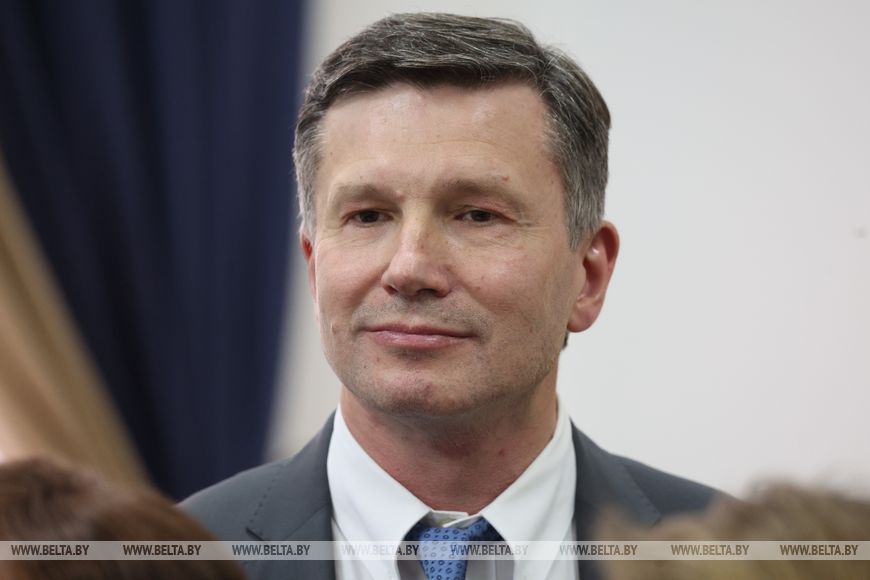
According to him, the center’s documentation includes 60 proposals from BSU faculties addressed to the Chinese university. “They cover a range of fields, including the humanities. We will discuss each proposal with our Chinese partners. This is extremely important to us. The agreement on a master’s program in biological sciences marks a continuation of our global cooperation,” the BSU rector emphasized.
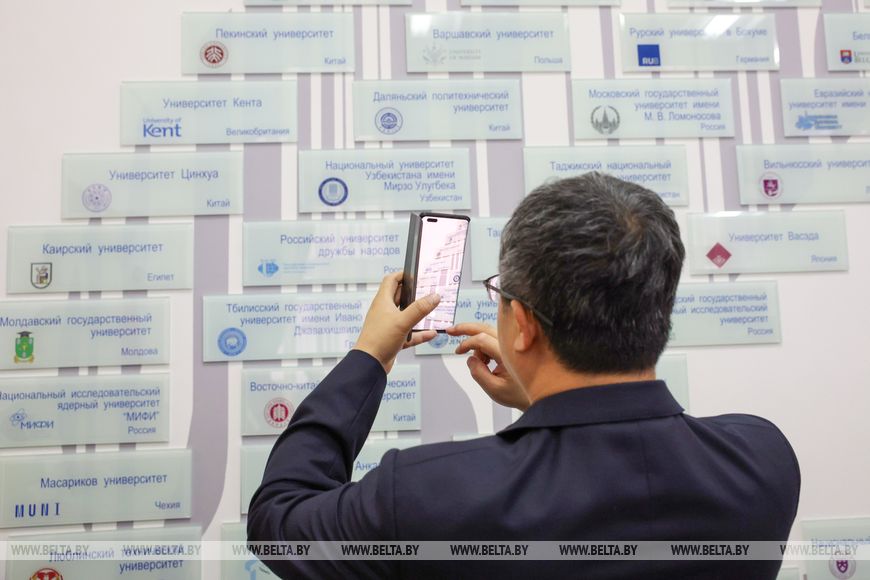
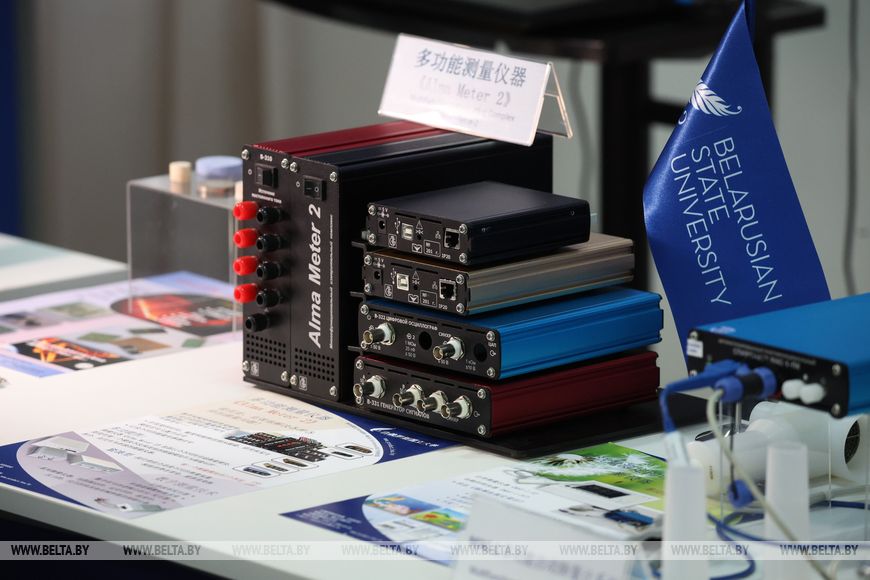
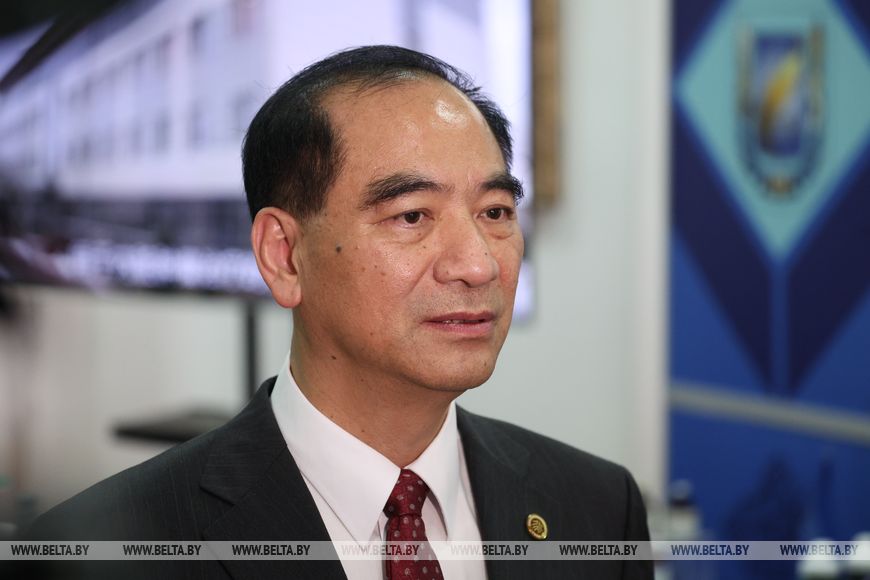
The Belarus-China center for basic scientific research is a joint initiative of BSU and Peking University. The idea to establish the center was supported by Belarusian President Aleksandr Lukashenko during a meeting with then-Party Secretary of Peking University Hao Ping last year.
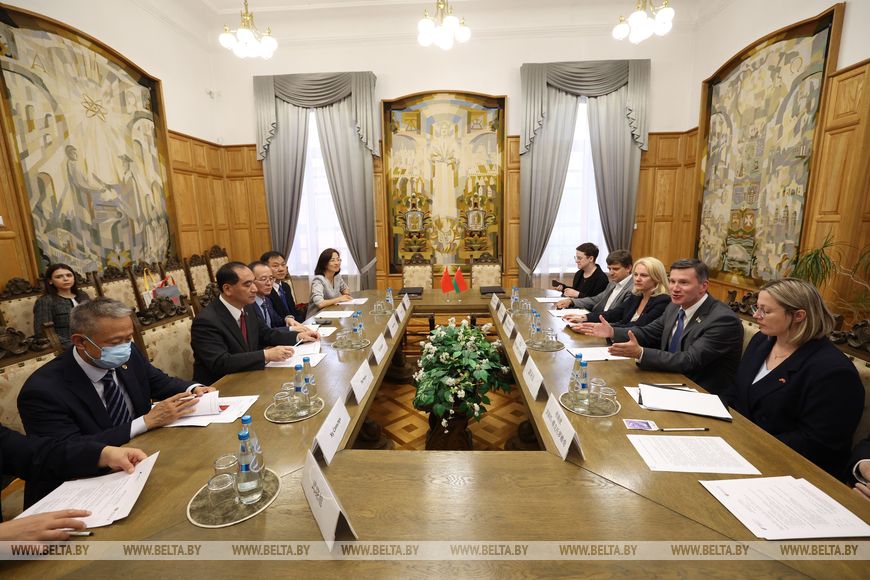
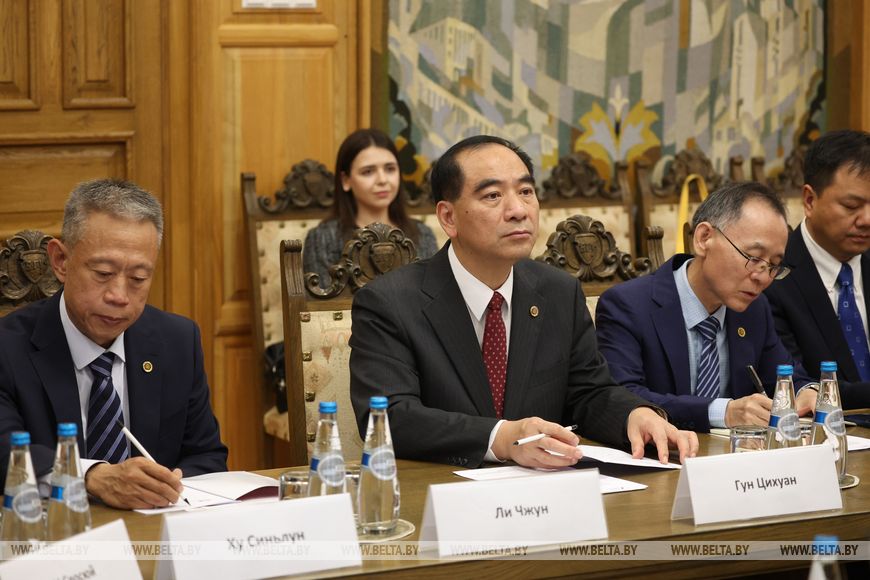
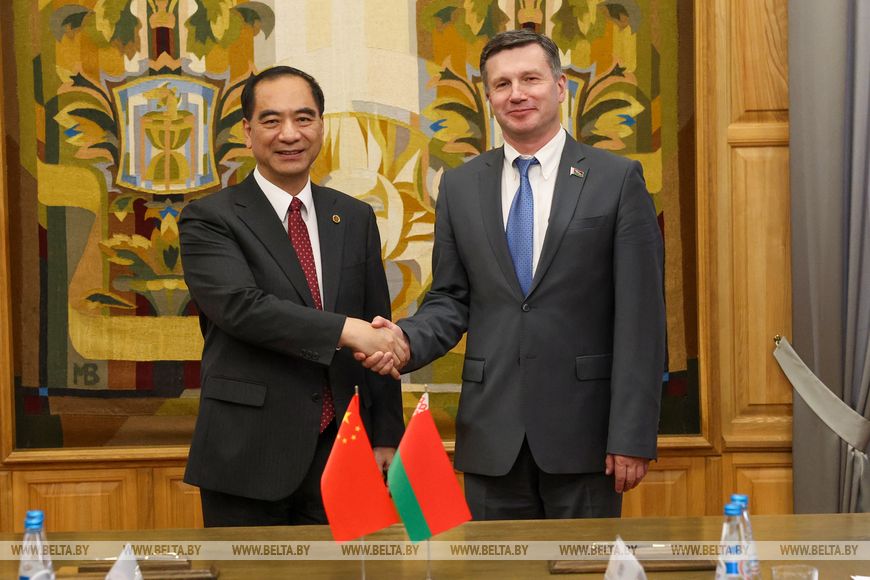
Attending the opening ceremony were BSU Rector Andrei Korol and President of Peking University Gong Qihuang.

“We are moving from quantity to quality. For many years, Belarus and China have developed cooperation in higher education, science, and culture. BSU and its partner institutions have taken an active part in this. Back in 2019, we signed what was essentially the first memorandum between BSU and Peking University. Since then, we’ve steadily built closer ties with that university. One major milestone was the launch of a joint training program for a critical field, biotechnology, which our president also mentioned today. Initially, our cooperation focused solely on biology. Now, we’re involved in joint Belarus-China projects across six faculties, with students taking part in summer schools and academic exchanges. For example, this year, a student from the Faculty of History won a competition and will take part in an exchange program. It’s a result of our steady progress in strengthening ties,” Andrei Korol said.

According to him, the center’s documentation includes 60 proposals from BSU faculties addressed to the Chinese university. “They cover a range of fields, including the humanities. We will discuss each proposal with our Chinese partners. This is extremely important to us. The agreement on a master’s program in biological sciences marks a continuation of our global cooperation,” the BSU rector emphasized.


Gong Qihuang expressed confidence that the opening of the center marks a new beginning based on the existing cooperation in biology. “We plan to expand our cooperation into other scientific disciplines: mathematics, physics, chemistry, and pharmaceuticals. The center is a strategic joint project between China and Belarus. Everyone knows that science has no boundaries when it comes to progress. I believe that in the future, a new joint area will emerge: artificial intelligence. We’ve just seen a remarkable exhibition of BSU’s scientific and technological innovations in space, medicine, pharmacy, mechanical engineering, veterinary science, agriculture, and new materials. I was especially impressed by the launch of their own nanosatellite and their pharmaceutical research. All this is clear evidence of the significant scientific potential of Belarusian State University,” he remarked.

The Belarus-China center for basic scientific research is a joint initiative of BSU and Peking University. The idea to establish the center was supported by Belarusian President Aleksandr Lukashenko during a meeting with then-Party Secretary of Peking University Hao Ping last year.
The first step in the project was taken in November 2024, when the Chinese branch of the Belarus-China center for basic scientific research was opened at Peking University. The establishment of a corresponding institution at BSU will promote efficient interaction between scholars from both countries and enhance the quality of joint specialist training and scientific personnel development.
















